If you’re like us, you know how to bring home the bacon, (it’s pretty easy when you can order food online), but do you know what it actually means, or where the phrase comes from? Every day we say certain words and phrases that involve some of our favorite foods, and take them for granted. Some of your favorite sayings have incredibly rich and interesting beginnings. So join us on this adventure as we go through the hidden meanings of some of your favorite food phrases.
12. “It’s All Gravy”
Meaning: It’s all good
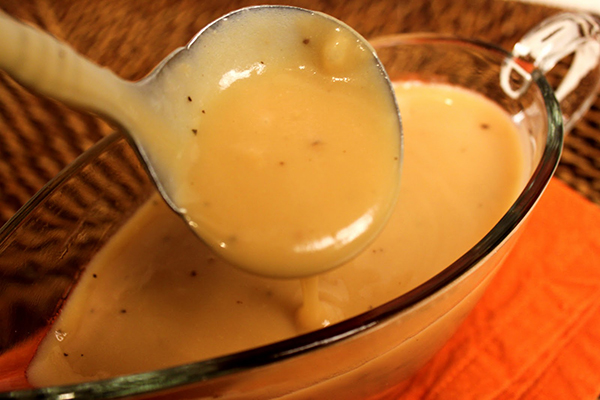
What’s the point of mashed potatoes, turkey, or poutine without a rich dolloping of gravy. This phrase originated from an Old English saying that explained, life is meat and potatoes, and the luxuries are gravy. So essentially when you say it’s all gravy, you’re saying it’s all the awesome, saucy goodness in the world.
11. “Cool As A Cucumber”
Meaning: You’re super totally cool
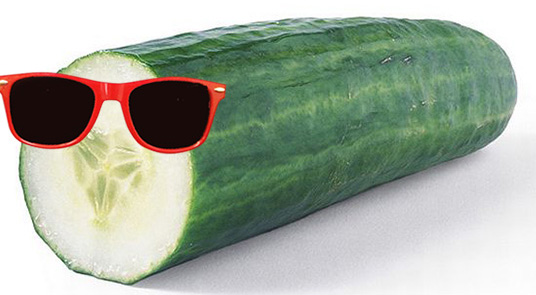
Cucumbers don’t seem to be all that cool. I mean they don’t have BMX bikes, Kanye West glasses, or even know how to do the robot. But this expression is taken from a literal characteristic of cucs. The inside of a cucumber is actually 20 degrees cooler than their outsides. So even without some Ed Hardy gear, cucumbers are pretty cool.
10. “Chew The Fat”
Meaning: To engage in frivolous conversation
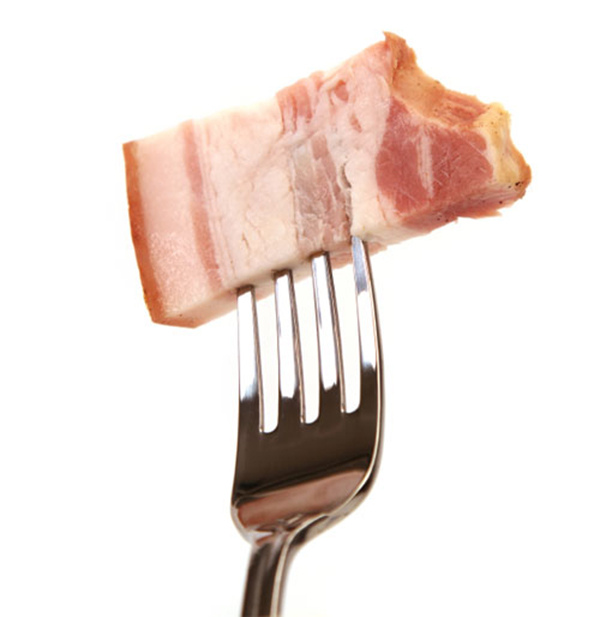
This slightly gross tradition comes from Inuit eskimos who used to chew whale blubber like bubble gum. It took a long time for the blubber to dissolve, so it really helped pass the time. There’s another theory that believes the origin came from sailors who were forced to chew salt pork when supplies were low. Either way, to chew the fat means to engage in conversation to just pass the time. Our advice? If you can find yourself in a really boring conversation, find yourself some whale blubber and give it a chew.
9. “He’s A Bad Egg”
Meaning: He may look normal, but he’s no good.
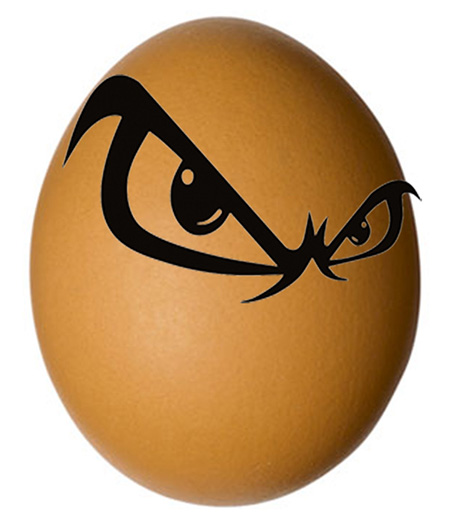
There is nothing worse than getting ready to enjoy some scrambly eggs, then cracking it open to find something has gone horribly wrong. That’s the basis for this saying. Even though on the outside everything seems normal, a “bad egg” will reveal their inner rottenness soon enough.
8. “The Big Cheese”
Meaning: The best of the best.
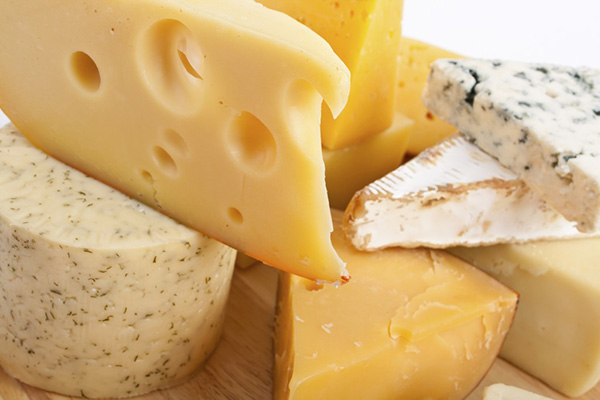
Sure it might be an endearing name for the boss, or just literally a really, really big cheese wheel, but this phrase’s origin has nothing to do with dairy’s best magic trick. Since the earliest 19th century, cheese was used as a noun to describe something wealthy or top-rate. Cheese originated from the Persian use “the chiz”. We’re gonna go ahead and bring that term back. Believe us it’ll be da chiz.
7. “That’s The Way The Cookie Crumbles”/”Don’t Cry Over Spilt Milk”
Meaning: Shit happens
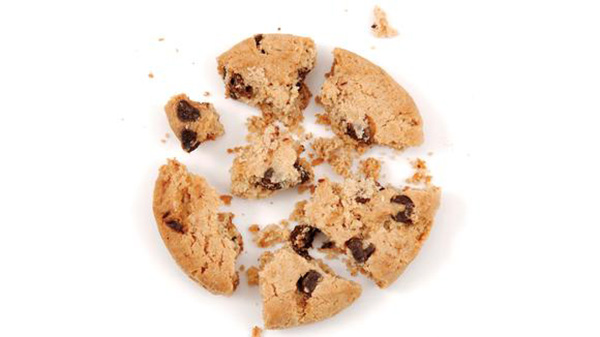
Yes, it sucks when you have a delicious cookie and it just crumbles away with the first bite. It’s even worse when you have a tall delicious glass of milk with that cookie and it spills all over the place. But hey, there’s nothing you could have done. There’s no hidden meaning behind this one. It’s pretty straightforward. Bad things sometimes happen and you just got to stay calm and carry on.
6. “Piece Of Cake”
Meaning: Easy, requires little effort
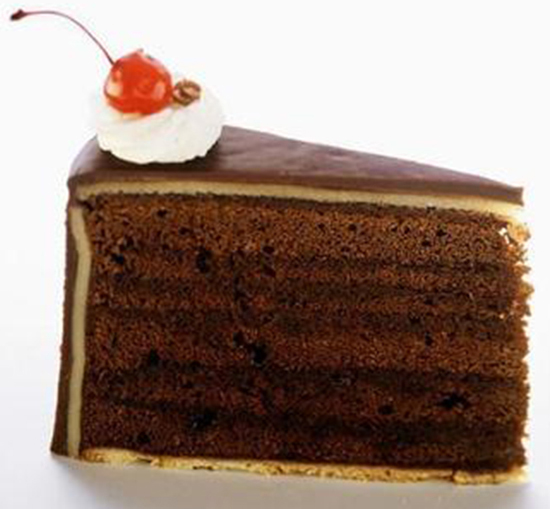
You might think, wait baking a cake? I can’t bake a cake; there’s nothing easy about that, but this meaning goes all the way back to the 1870s. Cakes were given out as prizes during competitions where people would circle around a cake. The person who walked with the most “grace” was given the prize. Since the prize was relatively easy (I mean all you had to do was walk) the term “piece of cake” was coined. Sidenote: can we bring back cake circling as an official sport? We’d kick ass at that.
5. “Butter Someone Up”
Meaning: Lay on the flattery thick.
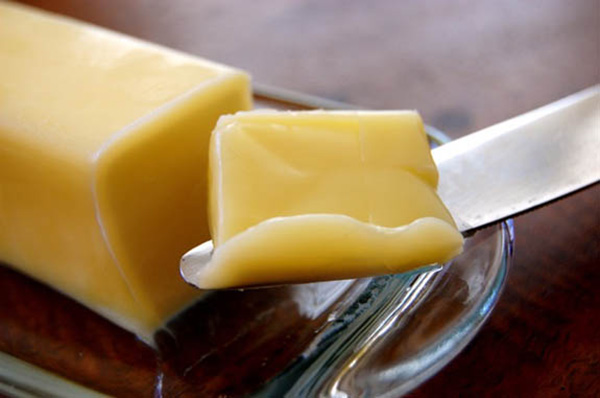
You’d think this one was pretty easy, because adding a bunch of butter to something makes it more delicious, obviously. Well you’re right with the sentiment, but the origin traces its roots all the way back to ancient Indian customs. When trying to seek favor from Higher Powers, natives would throw little balls of butter called ghee at statues of the Gods. There’s also an even older Tibetan tradition of making sculptures for the New Year out of butter to bring peace and happiness. Sounds like something Paula Deen could get behind.
4. “Spill The Beans”
Meaning: Give away a secret
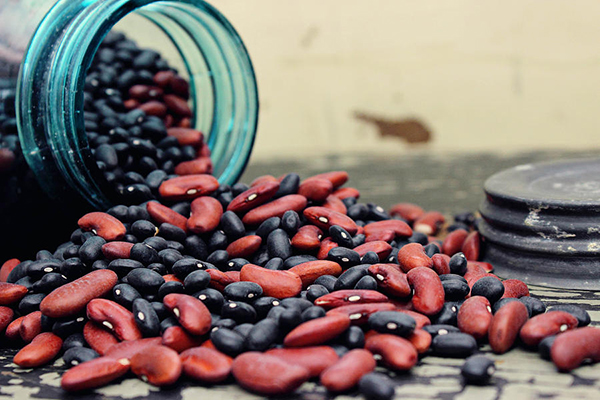
While also one of the best Preschool-themed games ever, spilling the beans is believed to have originated in ancient Greece. Back then when there was an issue that needed to be decided (e.g. is tonight a taco or sloppy joe night?) a vote was held. White beans were a yes and black beans were a no. If the vote collector dropped the jar and a black bean was seen, the vote was ruined.
3. “Use your noodle”
Meaning: Use your brain, dummy
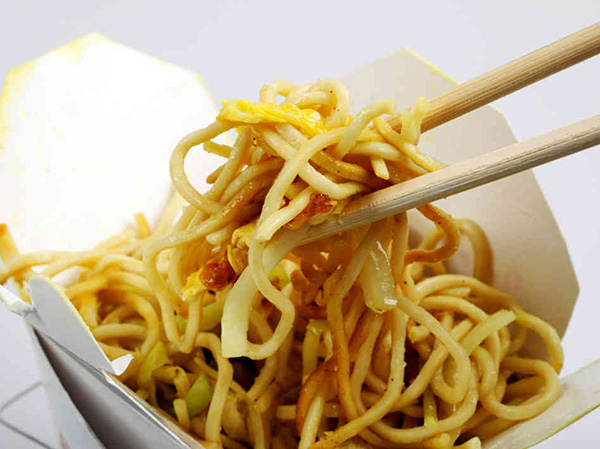
While you might think that noodles don’t really look like heads, they do kinda look like brains. Originally “using your noodle” was an insult, comparing a simpleton wagging his head around while thinking, to a wet, floppy noodle. Nowadays, it’s no longer an insult and simply means, think about it.
2. “Go bananas”
Meaning: Let’s get crazy.
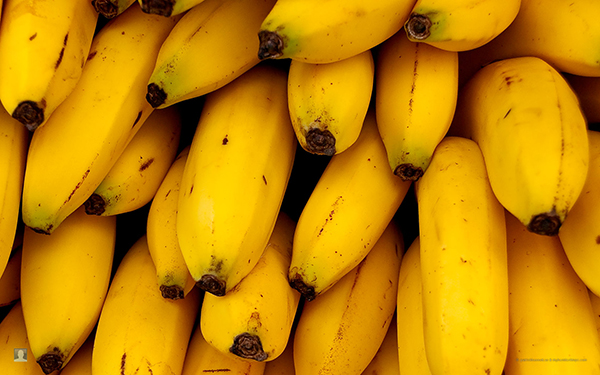
This one makes a lot of sense. When zoologists fed monkeys bananas, the apes went insane from their deliciously tasty treat. This is also where we get the phrase, to “go ape.”
Another origin may come from the drunken, bewildered behavior of Indonisian natives who got totally blackout drunk off of a fermented banana drink called Tonto.
1. “Bring Home The Bacon”
Meaning: Get that money, son.
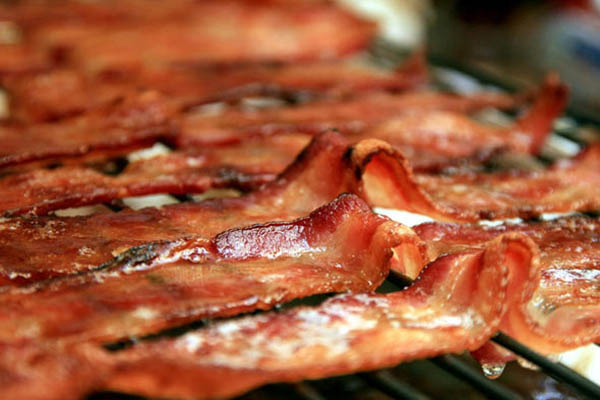
This one has many interpretations. Some believe it started in a tradition in Dunmow England where the Dunmow Flitch was given every four years to a couple who impressed the town through their strength of fidelity. The prize? A big ol’ side of bacon.
However most believe the term derives from a 1906 boxing bout with Joe Gan. His mother told his son before the fight, “Joe the eyes of the world are on you. Everybody says you ought to win. Peter Jackson will tell me the news and you bring home the bacon.” This quote was published in the New York Times, and caught on, creating one of the tastiest expressions ever.
Sources:
- http://www.sundaytimes.lk/010708/plus7.html
- http://www.origintrail.com/index.php?title=Use_your_noodle
- http://republicofbacon.com/2010/11/16/the-origin-of-the-phrase-bring-home-the-bacon/
- http://www.womansday.com/life/surprising-origins-of-everyday-phrases-111417
- http://www.pages.drexel.edu/~zk32/clicheorigin.html
- http://idioms.thefreedictionary.com/That’s+the+way+the+cookie+crumbles
- http://www.quora.com/Etymology/What-is-the-history-behind-the-word-cheesy
- http://www.wisegeek.com/what-is-a-bad-egg.htm
- http://english.stackexchange.com/questions/28093/origin-of-spill-the-beans
- http://www.english-for-students.com/Chew-The-Fat.html
- http://wiki.answers.com/Q/What_is_the_origin_of_the_idiom_going_bananas
- http://forum.wordreference.com/showthread.php?t=702092
4 thoughts on “12 Hidden Meanings of Popular Food Phrases”
Comments are closed.